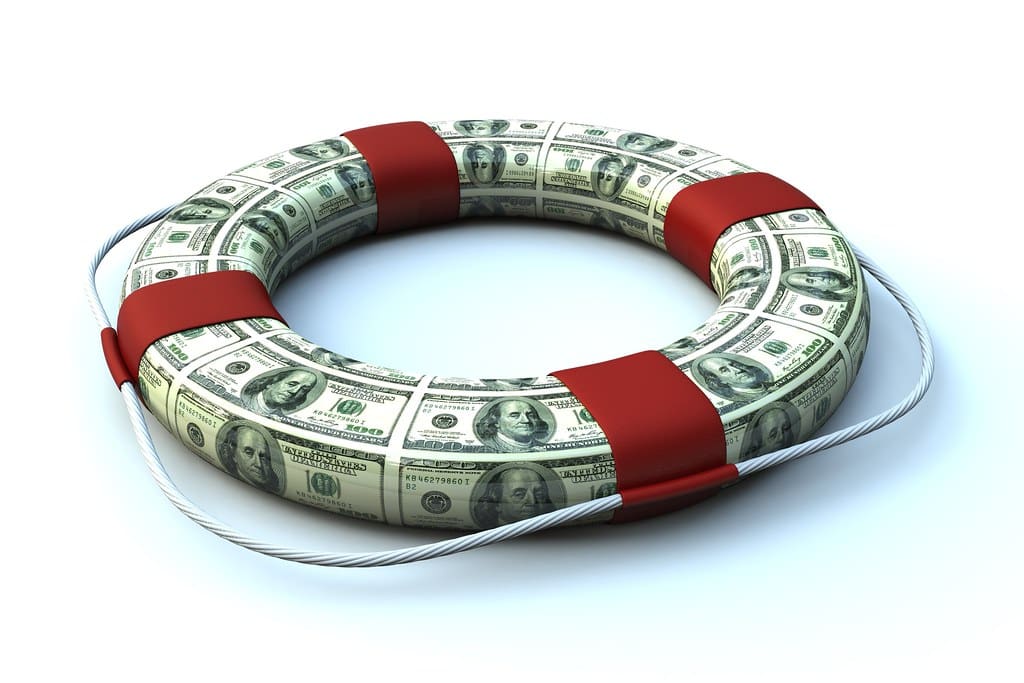In your 40s, you likely have more responsibilities than ever. While you’re still in your prime working years, it’s time to allocate your earnings in the best way possible. Now’s the time to consider making these ten financial moves.
10. Max Out Your Retirement Contributions

While you’re still in your prime working years, it’s the optimum time to maximize your retirement contributions, especially if your employer sponsors a 401(k), 403(b), or 457(b) plan and matches contributions. Even adding a 1% more can be significant over the long term. Also, put any raises you receive into your retirement.
9. Increase Your Emergency Fund

Upon reaching your 40s, you likely have more responsibilities than ever. It’s crucial to establish an emergency fund. Experts recommend putting away six months’ expenses minimum into your “rainy day” fund. One way to ensure this is to set up automatic monthly payments from your checking account into your high-yield savings account. Allocate 10% of your income if possible.
8. Buy Life Insurance

By your 40s, you typically have more responsibilities. If you have a family, there’s a lot riding on you. If something happens, your family could lose everything. Generally speaking, life insurance will be less expensive the younger you are when you purchase it. Also, consider a 20-year term life insurance policy. It’s less expensive (although it doesn’t build cash value).
7. Work on Paying Off Your Mortgage

Ideally, you want to enter retirement with no mortgage payments. For many people, their mortgage payment can be up to 33% of their monthly earnings. That obligation can be hard to meet in retirement. Try to make extra payments on your mortgage principal throughout the year. This can save you greatly in interest and will pay off your loan faster.
6. Pay Off Debt

Debt is siphoning away money that is better invested into your emergency fund or retirement. Prioritize paying off your highest-interest debt first and, eventually, all your debt. If you have a lot of debt, consider consolidating it into a lower-interest-rate card or loan. If you need help with debt management, seek debt counseling.
5. Put Retirement First, Then College

Prioritize your retirement before funding college. College can be funded through scholarships, grants, and loans. Your retirement savings relies on you alone. And your retirement can last 20 years or more. By the time you’re 40, you only have 20-30 working years left, depending on your health. Aim to put 15% of your pretax dollars into a retirement savings plan.
4. Discuss Your Parents’ Retirement and Long-Term Care Plans

While your parents are still healthy and in control of their faculties and finances, establish a long-term care plan based on their wishes. Gather information to access important financial and legal documents. Do they have long-term care insurance to pay expenses not covered by Medicare? Such insurance should be purchased at age 65. Help them establish a financial plan.
3. Create an Estate Plan

A will only specifies how to distribute assets upon your death. It doesn’t specify what to do if you become ill or can’t make your own financial decisions. A trust specifies a successor trustee named by you to manage your assets in the event of your death or incapacity. A trust is inexpensive to create online or hire an attorney.
Read More: How to Start a Retirement Fund in Your 40s
2. Consider Downsizing

If you have become an empty nester, paying for more space than you need wastes money that could go toward paying off your mortgage or debt or your retirement fund. Depending on your situation, selling your home and downsizing could also allow you to purchase a smaller home in full, eliminating a mortgage payment.
Read More: 20 Tips for a Happy Retirement
1. Meet With a Financial Advisor

Upon reaching your 40s, you likely have more responsibilities, as well as financial goals you’re working toward. Perhaps you are an empty nester, and your situation has changed. A financial advisor can help you develop a plan. For example, if you haven’t saved enough for retirement, a financial advisor can help you develop a path toward getting caught up.
Read More: 10 Reasons You Need a Financial Advisor








